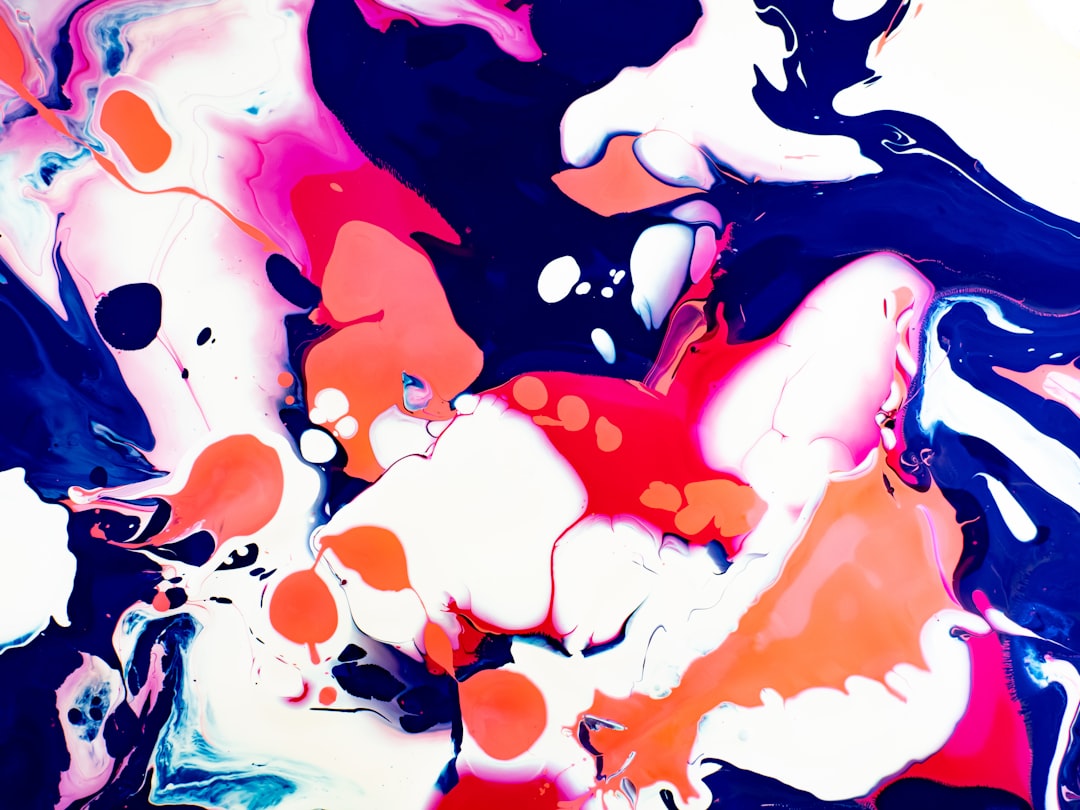Art therapy is a form of therapy that utilizes the creative process of making art to improve an individual’s mental health and well-being. It has been proven to be an effective tool in helping people cope with various mental health issues such as depression, anxiety, trauma, and PTSD. The process of creating art allows individuals to express their thoughts, feelings, and emotions in a non-verbal manner, making it a powerful form of communication and self-expression.
One of the key benefits of art therapy is its ability to help individuals process and work through their emotions in a safe and non-judgmental environment. Many people who struggle with mental health issues may find it difficult to put their feelings into words, but art provides a means of expression that is free from the constraints of language. Through the act of creating art, individuals are able to externalize their internal struggles and gain a better understanding of their thoughts and emotions.
There is a growing body of research that supports the effectiveness of art therapy in treating a wide range of mental health conditions. Studies have shown that engaging in art therapy can help reduce symptoms of depression and anxiety, improve self-esteem and self-awareness, and enhance overall mental well-being. In addition, art therapy has been shown to be particularly beneficial for individuals who have experienced trauma or abuse, as it allows them to process their experiences in a non-threatening and empowering way.
Art therapy can take many different forms, including drawing, painting, sculpting, and collage-making. The type of art used in therapy is less important than the process of creation itself, which allows individuals to tap into their inner resources and explore their thoughts and feelings in a supportive and nurturing environment. Art therapy can be done individually or in a group setting, depending on the needs and preferences of the individual.
One of the reasons why art therapy is so effective in treating mental health issues is its ability to engage multiple areas of the brain simultaneously. Creating art involves both the logical and creative parts of the brain, allowing individuals to access different modes of thinking and processing. This holistic approach to therapy can help individuals develop new coping skills, improve problem-solving abilities, and increase emotional resilience.
Art therapy can also help individuals develop a sense of empowerment and control over their mental health. Many people who struggle with mental health issues may feel overwhelmed and powerless in the face of their symptoms, but art therapy offers a way for them to take charge of their healing process. By creating art and working through their emotions, individuals can develop a sense of agency and self-compassion, which are crucial for maintaining mental well-being.
In addition to its therapeutic benefits, art therapy can also be a fun and enjoyable way to explore creativity and self-expression. Many individuals find that engaging in art therapy provides a sense of relaxation and mindfulness, allowing them to focus on the present moment and immerse themselves in the act of creation. This can be particularly helpful for individuals who struggle with stress and anxiety, as art therapy offers a way to unwind and practice self-care in a creative and fulfilling way.
Overall, art therapy is a valuable tool for improving mental health and well-being. Its ability to tap into the creative and emotional parts of the brain makes it a unique and effective form of therapy that can help individuals express themselves, process their emotions, and develop new coping skills. Whether used alone or in conjunction with other forms of therapy, art therapy offers a safe and empowering way for individuals to work through their mental health issues and move towards healing and recovery.

